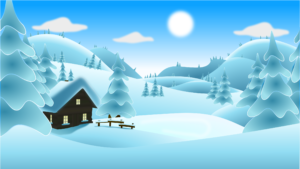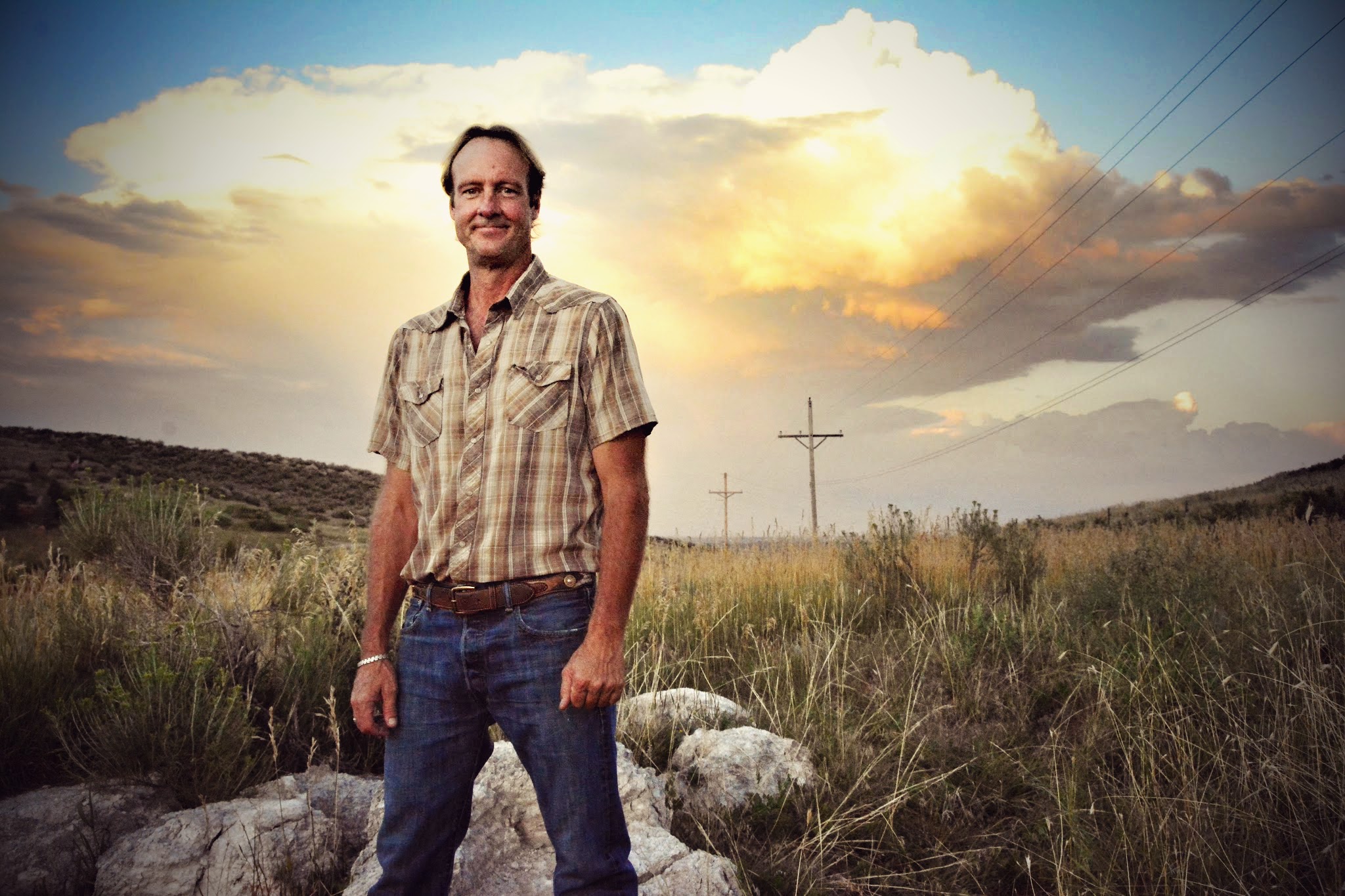 It’s that time of year again! A chill is in the air, the pumpkin patches are full, and many of the Western regions have already seen snowfall. If you’re located in a colder climate, be sure to winterize your home and protect your investment. Many of our clients have seasonal homes, and should take extra precautions to ensure the safety and maintenance of their properties. The risks of not winterizing properly can be costly:
It’s that time of year again! A chill is in the air, the pumpkin patches are full, and many of the Western regions have already seen snowfall. If you’re located in a colder climate, be sure to winterize your home and protect your investment. Many of our clients have seasonal homes, and should take extra precautions to ensure the safety and maintenance of their properties. The risks of not winterizing properly can be costly:
- Frozen Pipes: busted, cracked, or expanded pipes wreak havoc on plumbing and other infrastructures, which could cost a homeowner thousands of dollars.
- Water Damage: even small leaks can cause wood rot, or extensive flooding that affects walls, electric, and/or the foundation itself.
- Exposure to Raw Sewage: allows nasty bacteria to enter the home, not to mention the unwelcome stench.
- Mold & Mildew: water leaks and high humidity left unchecked can cause mold to grow on the interior of the home, costing the owner thousands in mitigation bills.
- Animal Infestation: rodents, insects, and other animals looking to escape the cold could get in and “make themselves at home,” causing all kinds of damage.
Keep in mind that many of these disastrous consequences may not be covered by homeowner’s insurance. But here’s a few steps you can take to ensure your home is ready for the season:
- Shut off the water supply, leave faucets open, and use a compressor to force water out of pipes.
- Add anti-freeze to toilets and other drain areas that can’t be drained to avoid freezing.
- Drain any outdoor hoses & spigots completely.
- Clean gutters so they are ready to carry water and snowfall away from the house.
- Remove piles of wood or other materials abutting the home, anything that has the potential to collect water
- Maintain the trees close to the house, trimming large branches, or removing them if necessary.
- If gas lines exist, have your gas company disconnect the supply.
- Consider getting automatic motion lights for outside to deter unwanted guests.
- Close up any openings so animals and insects can’t get in.
- Have someone check on the home periodically.
For those living year round in colder areas, there are still little things you can do to protect your home and save on heating costs, such as having your HVAC inspected and repaired, lowering the thermostat when leaving, repairing leaks, insulating pipes, installing insulated windows, caulking around windows and doors, and checking attic insulation and roof condition. HAPPY WINTERIZING!

